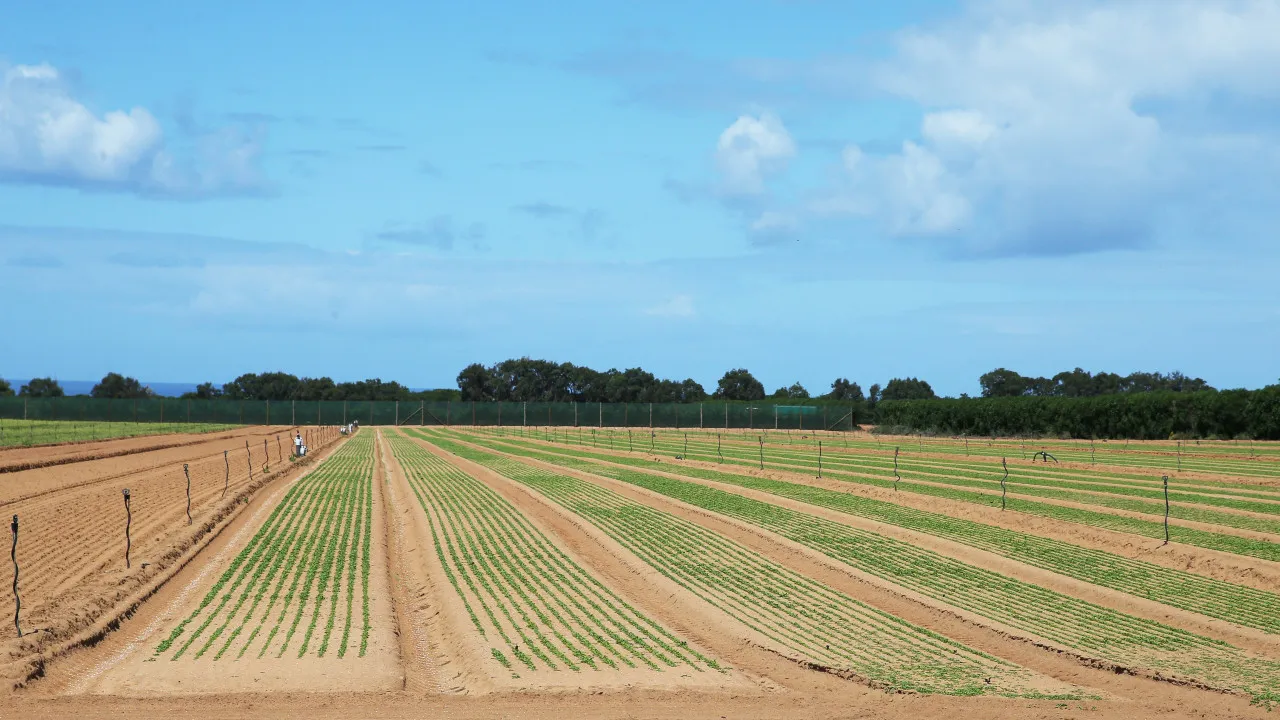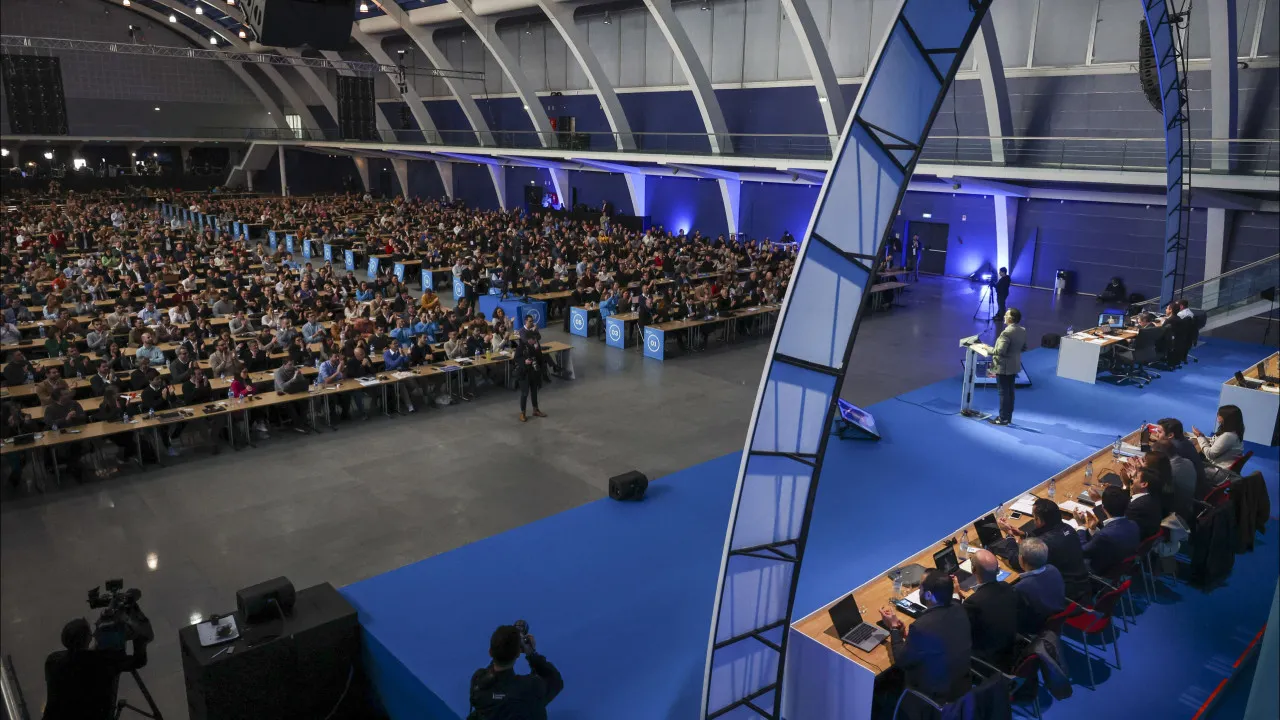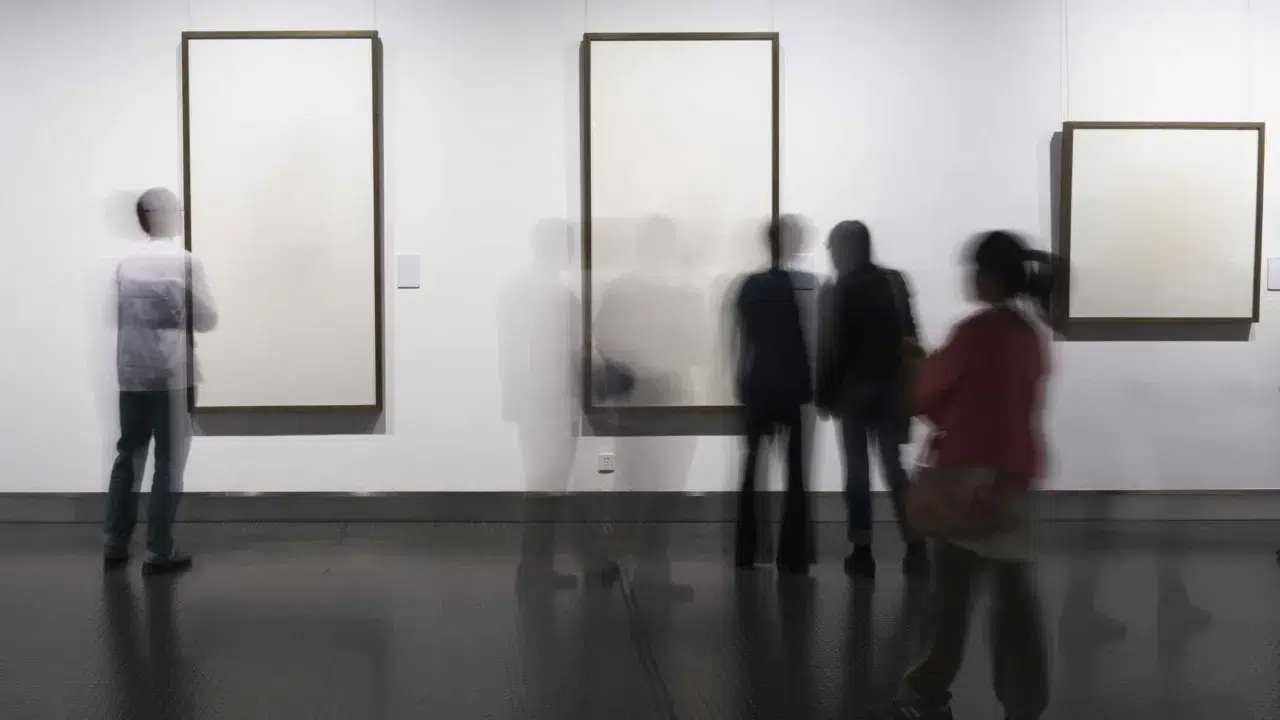
Farmers in the Ferreira do Alentejo municipality, particularly smallholders, convened with the municipal council executives and members of the National Republican Guard (GNR) to discuss and evaluate “the escalating security situation in the agricultural sector.”
The president of the Ferreira do Alentejo Municipality, Luís Pita Ameixa, highlighted the issue of persistent thefts of melon and watermelon, which have caused concern among producers and the community.
“There is difficulty in safeguarding their crops because they are small [farmers], individuals or family-run businesses, who have products scattered across various locations in the territory and cannot monitor them 365 days a year and 24 hours a day,” he acknowledged.
Unable to quantify the actual number of complaints, as “there are many cases where they are not formalized,” the mayor noted that, in addition to perceiving an increase in crime in the area, there is a fear “of confrontations” between farmers and the thieves.
“People are there on their farms, and if they find others lurking around, there is the possibility of confrontations,” he stated.
Another concern among the producers, according to Pita Ameixa, regards “safety periods” and the resulting public health issues from the premature consumption of food treated with pesticides.
“Products have to meet safety periods and cannot enter the market without completing those periods. When they are stolen, they hit the streets without respecting these periods, potentially harming people,” he reminded.
At the Municipal Security Council meeting held on Thursday, the GNR was requested to enhance its engagement with producers to become “more efficient” and familiar with the terrain.
“Moreover, it was also decided to communicate [the situation] to the Minister of Agriculture to draw attention to this issue [and] to the Minister of Internal Administration to request an increase in the GNR presence,” he confirmed.
Pita Ameixa further reminded that during the olive harvest campaign, security and inspections are increased, which “has worked to some extent” and could be an option for this period.
The president also confirmed that he requested more inspections from the Food and Economic Safety Authority (ASAE) for “these stolen products,” “which lack documentation,” and “are sold” in “informal commerce.”




